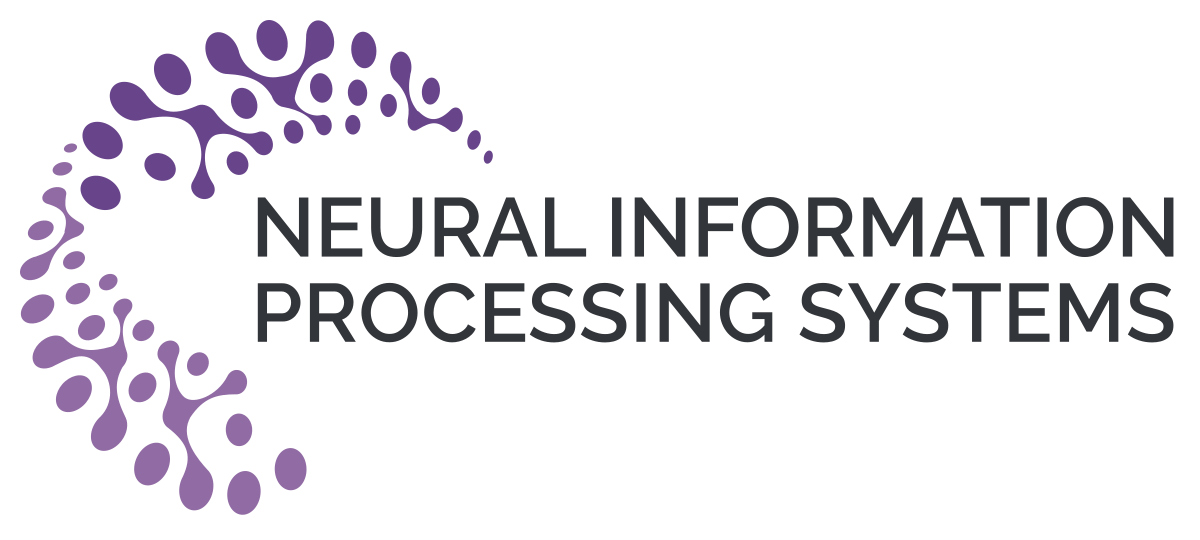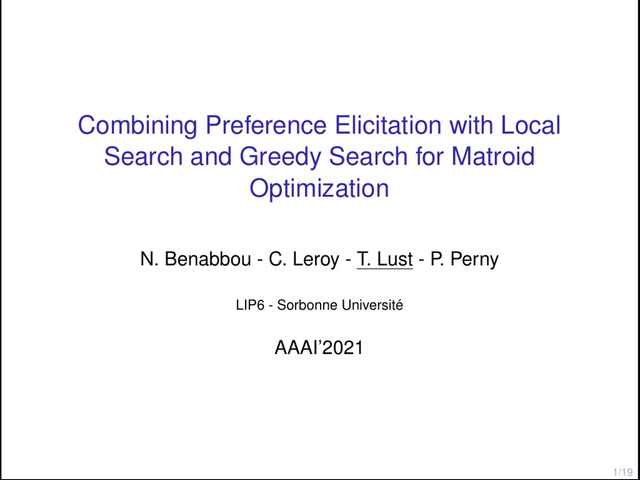Abstract:
Decision trees with binary splits are popularly constructed using Classification and Regression Trees (CART) methodology. For regression models, this approach recursively divides the data into two near-homogenous daughter nodes according to a split point that maximizes the reduction in sum of squares error (the impurity) along a particular variable. This paper aims to study the statistical properties of regression trees constructed with CART. In doing so, we find that the training error is governed by the Pearson correlation between the optimal decision stump and response data in each node, which we bound by constructing a prior distribution on the split points and solving a nonlinear optimization problem. We leverage this connection between the training error and Pearson correlation to show that CART with cost-complexity pruning achieves an optimal complexity/goodness-of-fit tradeoff when the depth scales with the logarithm of the sample size. Data dependent quantities, which adapt to the dimensionality and latent structure of the regression model, are seen to govern the rates of convergence of the prediction error.









































